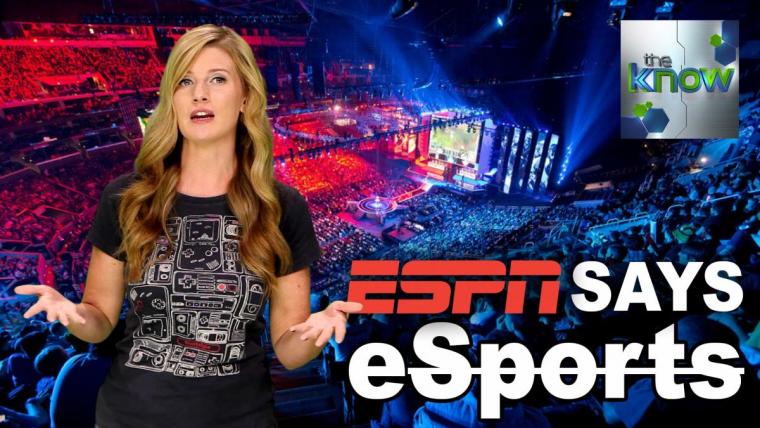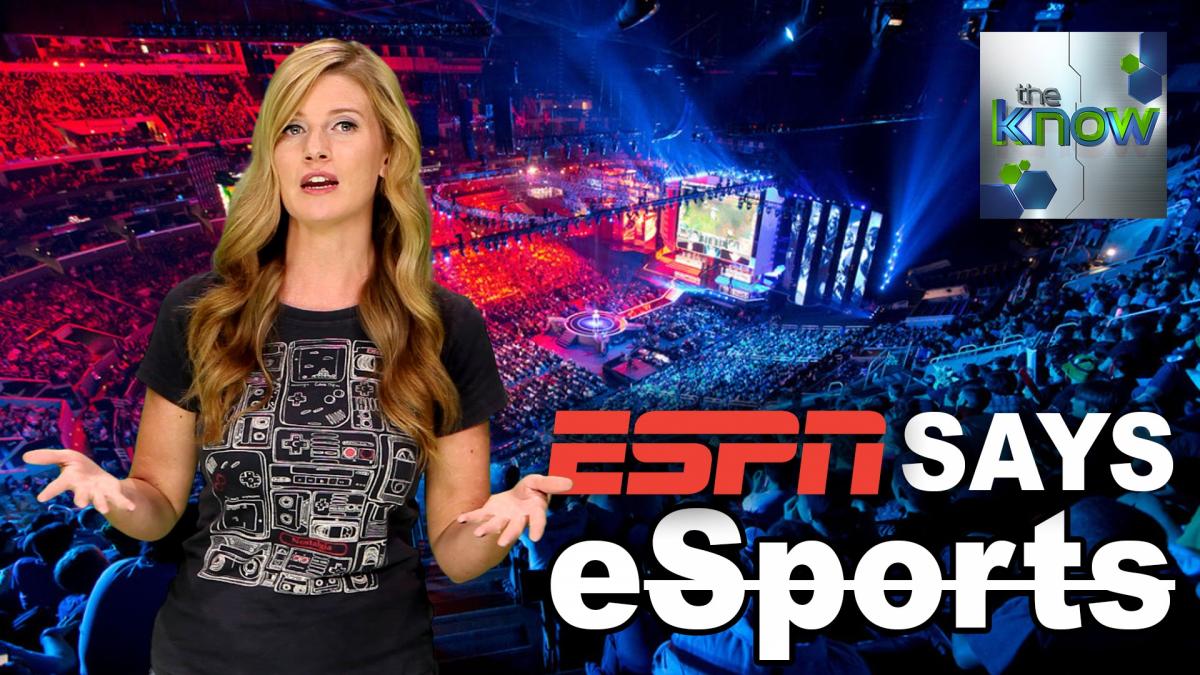
 The concept of sports is being brought into the electronic age, even if it has to be dragged in, kicking and screaming.
The concept of sports is being brought into the electronic age, even if it has to be dragged in, kicking and screaming.
ESPN says so.
As of January, the all-sports-all-the-time-network announced plans “to aggressively cover the sport of playing video games,” beginning on its website and apps, according to an article in the Los Angeles Times.
Whether or not people actually classify it as a sport is immaterial at this point. E-sports competitions have exploded into an estimated (more on that in a minute) $600-million global industry over the last few years, as millions of people watch online or turn up at arenas such as stadiums and convention centers to see players go at it with game console controllers or computer keyboards. In fact, it’s one of the hottest segments of the travel market right now.
ESPN.com has already rolled out a section devoted to articles and videos about professional leagues and tournaments for video games such as League of Legends and Counter-Strike.
Given the passionate fandom, the organization and the drama around e-sports, “the storyline was so compelling that we decided there was no reason we shouldn’t be doing this on a daily basis with the same rigor we cover the National League Football or other sports,” said Chad Millman, editor-in-chief of ESPN.com and ESPN The Magazine.
The fact that e-sports continues to grow creates, of course, the possibility of sponsorships. Advertisers are wary, however, ad agency executives said, because at the moment, e-sports lacks those things necessary to create the image of a cohesive industry. There's no international governing body, and that automatically creates a sense of distrust, since it gives the (not altogether untrue) impression of a fragmented industry. And while there are various sites, such as ESL, there has been no real method of regulation. (It’s interesting to note, however, that ESL has rolled out a policy that is vehemently anti- drug for its participants.)
It’s also hard to quantify overall economic impact. While companies can provide information as to how much can be made how at individual games (such as League of Legends, for example, or StarCraft), there has been no cohesive voice to provide information on financials for the industry – outside of estimates, like the $600 million figure mentioned earlier. The individual games and viewing platforms create niches that are, at least for now, hard for advertisers to evaluate.
And, of course, even the reporting industry is in flux. Although ESPN’s entrance into the space will raise e-sports’ profile, it could dent smaller journalism organizations such as TheScore and The Daily Dot that have become influential sources of news and analysis for fans since for a time, they were the only ones covering it.
Yahoo! Sports has noted ESPN’s entry into the world of e-sports coverage follows up on recent industry buy-ins from multiple gaming publishers. Electronic Arts launched a dedicated Competitive Gaming Division in December, while publisher Activision Blizzard announced its intention to form “the ESPN of eSports” with its recent purchase of the Major League Gaming platform and network. Even Disney XD produced a pair of specials last year centering around competitive play in Nintendo-published titles, continuing the network’s foray into e-sports coverage. The program will pit teenage teams against one another in a Mario Kart 8 racing tournament, with popular YouTube stars providing commentary and player coaching. TBS, meanwhile, will air full-season Counter-Strike: Global Offensive tournament broadcasts starting this year.
As a trial balloon, ESPN Magazine dedicated an entire issue on video games last summer and received positive feedback; a feature from that issue on a top player drew 1.1 million page views on ESPN.com. The network also carried some live broadcasts online and aired a college video game competition on ESPN 2. And that was instrumental in allowing ESPN to see the market that was waiting to be tapped.
The industry is not completely without its supporters. Coke, for example, has been throwing an increasing amount of its considerable weight behind League of Legends in events shown in movie theaters. And it’s something the teen Millennial and 30-something audience is consuming (along with Coke.) In fact, Coke has increased its reach in 2015, live-streaming the League of Legends Mid-Season Invitational (MSI in industry parlance) to the big screen across 15 theaters in three U.S. cities: Chicago, Seattle, and Dallas. That’s up from just three theaters in the U.S. when it started.
“Brands gains access to massive audiences, both online and offline, at a fraction of what it would cost to use traditional channels,” says Joost van Dreunen, CEO of SuperData Research. “And by finding creative ways to connect to consumers, like streaming the MSI to movie theaters, a company like Coca-Cola elevates and lends credibility to eSports as a phenomenon.”
Through its initial testing in 2014, Matt Wolf, head of global gaming at Coca-Cola, says theaters sold out around the world, even in the U.S. where start times were after midnight because of the time difference in South Korea. Fans would spend five hours or more watching the live event, which was also beneficial to movie theater owners who rely on concession stand sales. Coke offers fans giveaways at these events like League of Legends cups, gaming hats, and stress balls.
“This is a new form of media consumption and the world is changing,” Wolf notes. “Movie theaters are keen to evolve. Theaters have been very receptive to e-sports even with blockbuster summer movies playing.”
And ESPN says the same thing. Millman says he is counting on good stories to attract a wide audience. ESPN is staying “open minded” about what comes next, with possibilities like more e-sports TV broadcasts or even airing e-sports shows on popular gaming video apps such as Twitch.
“Right now, we think the best opportunity is online, and that’s why we’re implanting ourselves in this space,” Millman said.
There are going to be plenty who disagree with ESPN’s choice to cover the burgeoning market. But as organizers note, nobody ever got a concussion playing in front of a computer.

